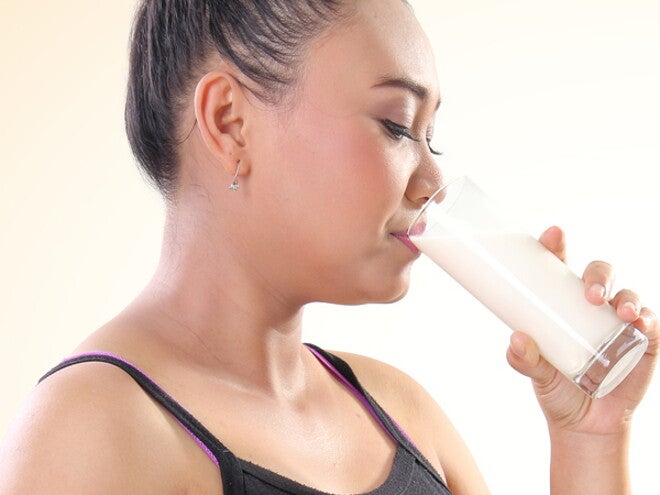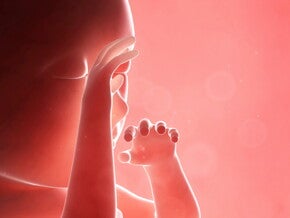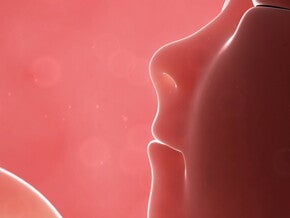
At a weight gain of about 35g/week in the first trimester to almost 250g per week at 33 weeks, you need to make sure that you have optimal protein throughout your pregnancy for you and your baby-to-be.
Did you know that too much protein is not good for your baby? Researchers have found that too much protein does not lead to taller and healthier babies, to the contrary they have found that moms who consumed too much protein during pregnancy had shorter babies and that it may even increase the risk of overweight in your baby later in his/her life.
Did you know: Not all proteins are created equal? Optimal protein depends on the Count (amount), Calibre (the type) and the Context (the right size and shape).
Count: because the right quantity of protein is key – not too much or too little
Too much of anything is not healthy, even if it is a building block of life. Neither is too little.
The right amount of protein is important when your unborn baby is growing. Too much protein can lead to an increase in the amount of metabolic products which increases the amount of body fat cells and the risk for diabetes and heart disease later in life.
Too little protein negatively affects early growth and increases the risk of disease in childhood and adult life.
Calibre: Because the right quality protein is essential.
Protein provides the nutrients for muscles, organs, skin, hair and nails to grow – just like quality building materials provide a foundation for a house.
Good quality protein with the right types of building blocks helps your unborn baby grow at a steady rate and lessens the risk of bad quality building blocks which may increase the risk of diseases later in life. It supports healthy weight gain and helps reduce the risk of them becoming overweight later in life.
Context: Not just any protein will do, it must have the right size and shape.
The right size and shape of protein is especially important for the prevention and management of allergies. Certain proteins like cow’s milk protein are often the source of allergies. But milk remains a very important part of our diets throughout the life cycle. That is why certain processes are applied to cow’s milk protein to change the size and the shape of the protein to make it less recognisable to the body as an allergen (those proteins causing allergies). These highly adapted proteins have been shown to reduce the risk of allergies especially atopic dermatitis in people who are at risk of allergies as it trains the immune system not to react to certain food proteins.
Protein from animal sources especially milk, provides more of the essential blocks. Whey protein (found in milk) provides very special amino acids that is essential for the optimal growth and development of your unborn baby. Meat, fish and chicken also provide other essential amino acids. Legumes such as lentils, beans and peas do not provide all the essential amino acids, but if it is combined with other starchy foods it creates a better combination of amino acids. It is very important that you discuss your diet with a registered dietitian who will ensure you get just the right amount of protein.
You need about seventy grams of protein per day during your pregnancy. This roughly equals the total of two 250ml glasses of milk, a 150g chicken breast, and one 210ml container of non-fat Greek yogurt, for example. You don’t have to eat expensive cuts of meat as the cheaper cuts can be just as good for you, but remember to trim off excess fat. Beans, peas and lentils are also good sources of protein, especially for vegetarians.
SOME EXAMPLES OF HIGH PROTEIN FOODS
- Milk
- Eggs
- Cottage Cheese
- Greek Yoghurt
- Meats e.g. beef, lamb ,pork, chicken, turkey, fish, ostrich
- Beans
- Lentils
- Chickpeas
Optimal protein is very important for you and your baby-to-be. Consult with a registered dietitian to help you with a meal plan that is full of variety with just the right amount of protein and all the other nutrients you will need during your pregnancy.

















